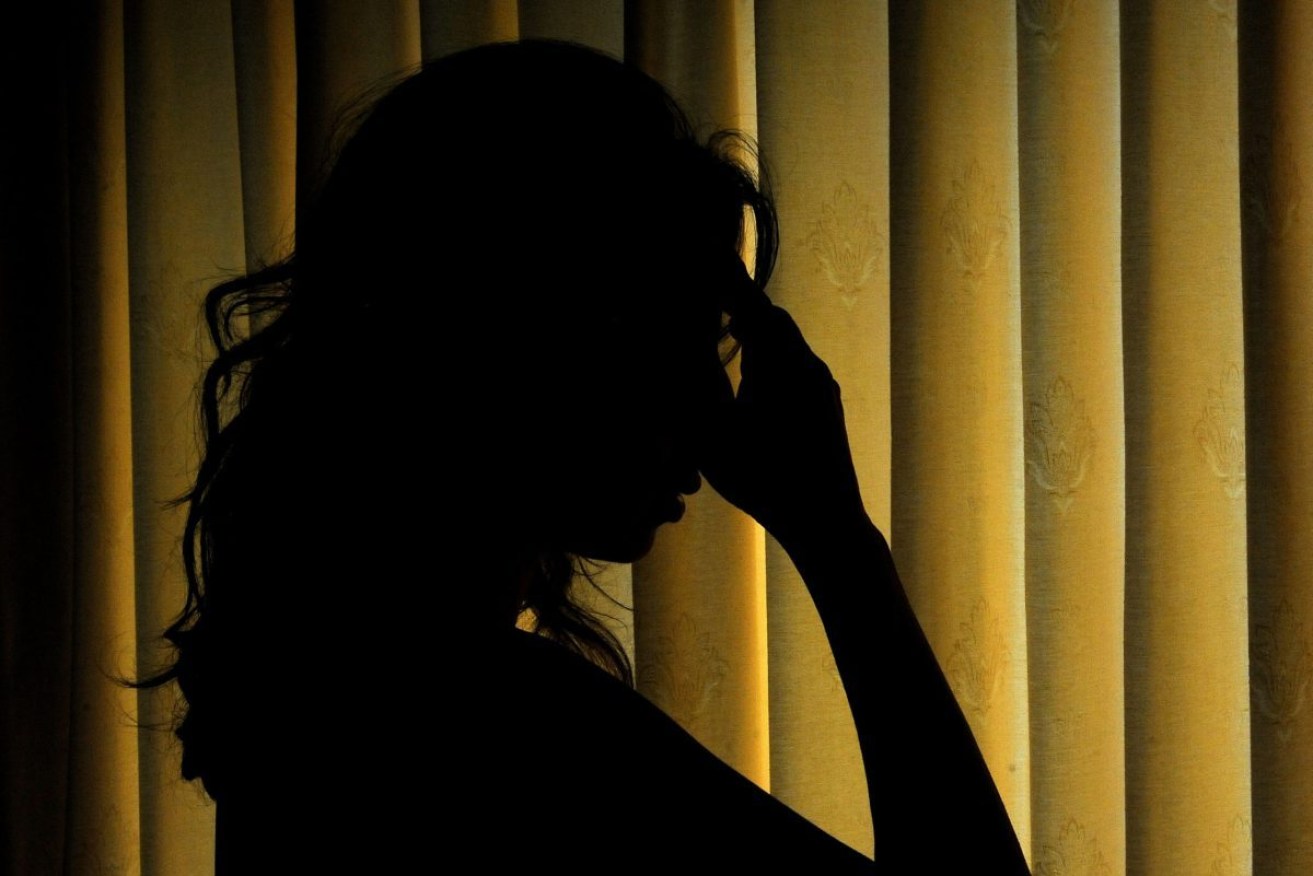Calls for action to prevent climbing suicide rate
More Australians are taking their own lives now than during the pandemic, and experts fear the issue could worsen over coming years without a government response.

Photo: Anna Gowthorpe/PA Wire
The number of suicides in NSW and Victoria increased by 10 per cent from January to September this year, averaging about 35 people each week.
The tragic trend is consistent with research that shows suicide rates can actually peak two to three years after a crisis.
Financial stress caused by personal debt and the rising cost of living is the biggest driver of personal distress, according to research by Suicide Prevention Australia (SPA).
Overall, 71 per cent of Australians reported feeling more distress in November 2022 than they did at the same time the previous year.
“Middle-age and middle-wage” Australians were most likely to be feeling the squeeze, with housing access and affordability seeing the biggest jump in terms of the weight it carries in people’s minds.
Family and relationship breakdown and social isolation were the other leading causes of people’s distress, which in some cases can lead to suicide.
SPA chief executive Nieves Murray said the findings once again showed how rising financial pressures can directly affect the levels of distress experienced by those in the community.
“We need to act now to address increasing rates of distress and respond to the risk of increasing suicide rates in our community,” Murray said.
The SPA is calling for an urgent “relief package” to ensure prevention services are helping the most amount of people possible.
The proposed package would include fast-tracking the delivery of recent commitments to suicide prevention services, as well as additional support for those most at risk of suicide.
Other priorities, according to the SPA, are an extension of Medicare-funded COVID-19 mental health support, and the strengthening of protective measures, such as raising income support payments.
Suicide prevention groups are already calling for the introduction of a National Suicide Prevention Act that would hold the government accountable to tackling the issue.
The Basic Act for Suicide Prevention, introduced by Japan in 2006, saw the country’s suicide deaths drop by about 40 per cent in just 15 years, reaching a nationwide 40-year low in 2019.
Readers seeking support and information about suicide prevention can phone Lifeline on 13 11 14, the Suicide Call Back Service on 1300 659 467 or Beyond Blue on 1300 22 4636.
-AAP




